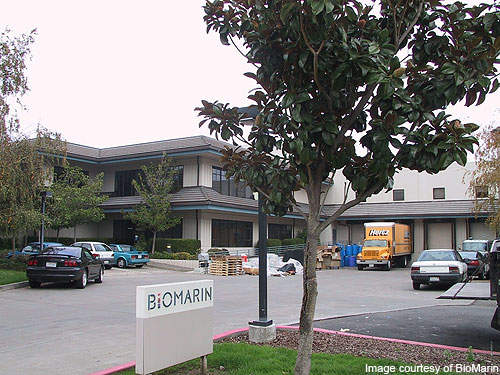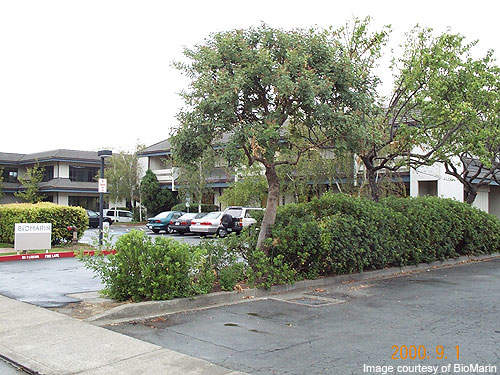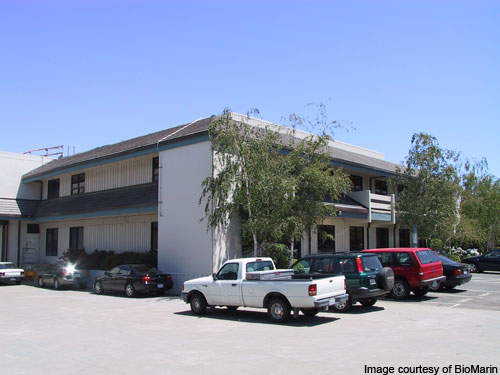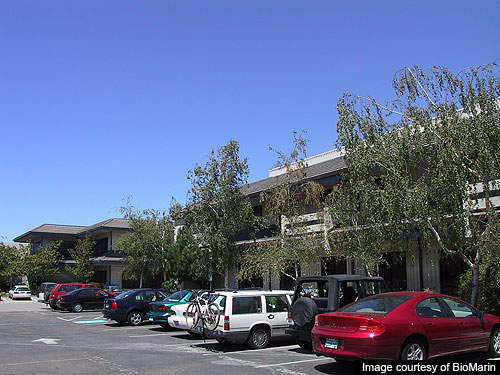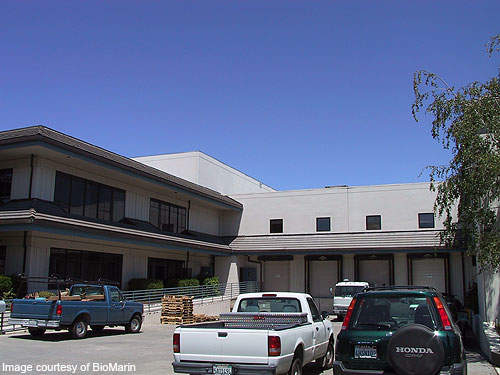BioMarin Pharmaceutical is a biotechnology firm headquartered in Novato, California. The company’s operations in Novato span approximately 500,000ft² comprising eight buildings that are located within a half mile radius, in the Bel Marin Keys Business Park. The buildings include laboratories, offices and manufacturing areas.
The Galli facility is BioMarin’s only manufacturing unit dedicated to the commercial production of Aldurazyme (laronidase) and Naglazyme (galsulfase) along with two clinical products. The facility was built in 1999 and began operations in January 2000 after obtaining licensure from the US FDA and the European Commission. It has since undergone a series of expansions, the last being completed in 2010.
A $60m expansion (including $40m in construction and $20m in equipment and validation) to the facility was carried out to double the commercial production capacity. This expansion, called Galli East, provides BioMarin with the required capabilities to manufacture two marketed products along with several potential treatments that are currently in late stage clinical testing.
The expanded facility is currently undergoing process qualification and is scheduled to receive FDA approval in late 2011 or early 2012.
Facility
The Galli drive facility spans 80,000ft². It houses process manufacturing areas, quality control laboratories, materials, warehouse, and utilities support areas and dedicated zones for manufacturing-related administrative activities.
The manufacturing facility is equipped with mammalian cell culture and protein purification capabilities. It includes class 100,000 and class 10,000 clean rooms with HEPA filters that change air up to 45 times in an hour. The HEPA provides 40 times cleaner air than normal office air.
During the expansion, a 24,000ft² three-storey facility was added to the Galli Drive facility. Space for the new facility was created by removing a section of the high bay warehouse. The new facility is equipped with multiple large process tanks with access platforms and stacked bins for storage of buffer and media preparation, a high-bay cell culture space meant for future scale-up, a glasswash suite, several cold storage rooms and suites for filtration, purification and formulation. The new roof features HVAC systems that support the classified clean areas.
In addition, the Galli drive facility was renovated to include new gowning rooms, service zones and a Hazardous-occupancy space for clean-in-place (CIP) and waste neutralisation systems. A new utility yard was installed for bulk chemical storage, electrical upgrades, waste storage and fire protection enhancements.
Production
The facility manufactures Aldurazyme and Nagalazyme, which are enzyme replacement therapies (ERT) respectively for mucopolysaccharidosis I (MPS I) and mucopolysaccharidosis VI (MPS VI) treatment. It also manufactures two clinical products, GALNS to treat mucopolysaccharidosis IV (MPS IV) and PEG-PAL to treat Phenylketonuria (PKU).
Technology
The technology used at the facility is based on continuous perfusion of Chinese Hamster Ovary (CHO) cell culture that has been genetically modified to produce human enzymes. The technology allows the continual production, isolation and purification of the desired enzyme using perfusion based technology.
Genetically modified host cells are stored frozen until needed for production. The host cells thawed are then added aseptically to a flask containing the appropriate growth medium. As the cells grow and divide, they are transferred to larger flasks to allow additional cell growth. The process is repeated until sufficient volume is reached at a specific cell density for cell culture inoculation into a production scale bioreactor.
The cells grow and multiply rapidly in the bioreactors. The growth is supported by stirring the cells continuously and adding air and specific nutrients. The desired enzyme gets secreted as the cells mature. During purification, the cell culture fluid flows sequentially through several chromatography columns. The columns use different modes of selectivity to remove the impurities and separate the desired enzyme from the growth medium and other proteins.
The enzyme is formulated into a solution during the Ultra Filtration / Diafiltration (UF/DF) process using formulation buffer. The UF/DF brings the product and the excipients to the required concentrations.
Construction
The expansion was carried out without disrupting commercial and clinical production in the neighbouring facilities. The building was constructed from the inside out, which allowed for work to continue throughout the winter. The support piers were drilled inside the existing building before demolishing the shell.
Contractors
The construction contract for the project was awarded to Dome Construction. The architect to the project was VDK Architects and the project engineer was bioKINETICS.

